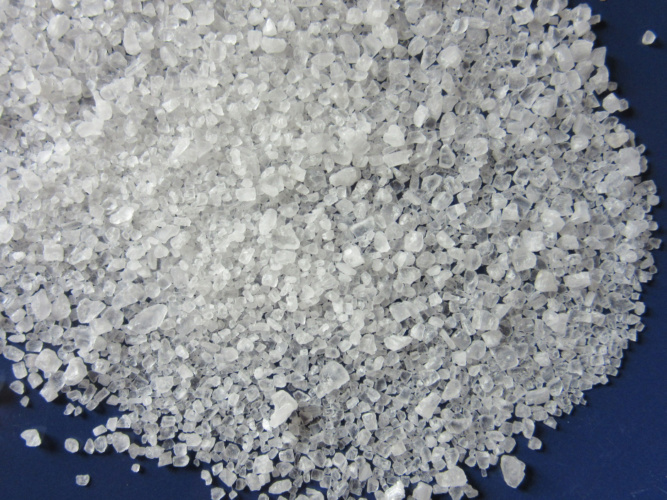Study finds salt could ‘revolutionise’ bio-analysis
A new study from Loughborough University explores how salt can be used to ‘revolutionise’ drug delivery and bio-analysis.

PhD student Naval Singh, from the university’s School of Aeronautical, Automotive, Chemical and Materials Engineering (AACME), teamed up with bioengineering expert Dr Guido Bolognesi to develop a mechanism that they claim can trap submicron particles ‘in minutes’.
Published in the journal Physical Review Letters, the study shows how salt can be used to accumulate submicron particles in dead-end regions known as ‘microcavities’ and how the process can be reversed. Biological fluids are full of particles and being able to trap and release them is a key underpinning capability for several technological applications, such as analysis of bodily fluids.
The team hope that their mechanism will ‘open exciting new avenues for the development of new low-cost, portable and ultrasensitive devices for bio-analysis and diagnostics.’
Diagnostics such as virus detection can be limited by the number of biological particles intercepted by the diagnostic instrument, so the ability to concentrate particles in one area could lead to more accurate detection and earlier medical interventions.
Register now to continue reading
Thanks for visiting The Engineer. You’ve now reached your monthly limit of news stories. Register for free to unlock unlimited access to all of our news coverage, as well as premium content including opinion, in-depth features and special reports.
Benefits of registering
-
In-depth insights and coverage of key emerging trends
-
Unrestricted access to special reports throughout the year
-
Daily technology news delivered straight to your inbox










Fusion inches closer as ITER completes magnet system
I believe the purpose of ITER isn't to make usable power, it is a research project which will be used to design the first generation of actual...